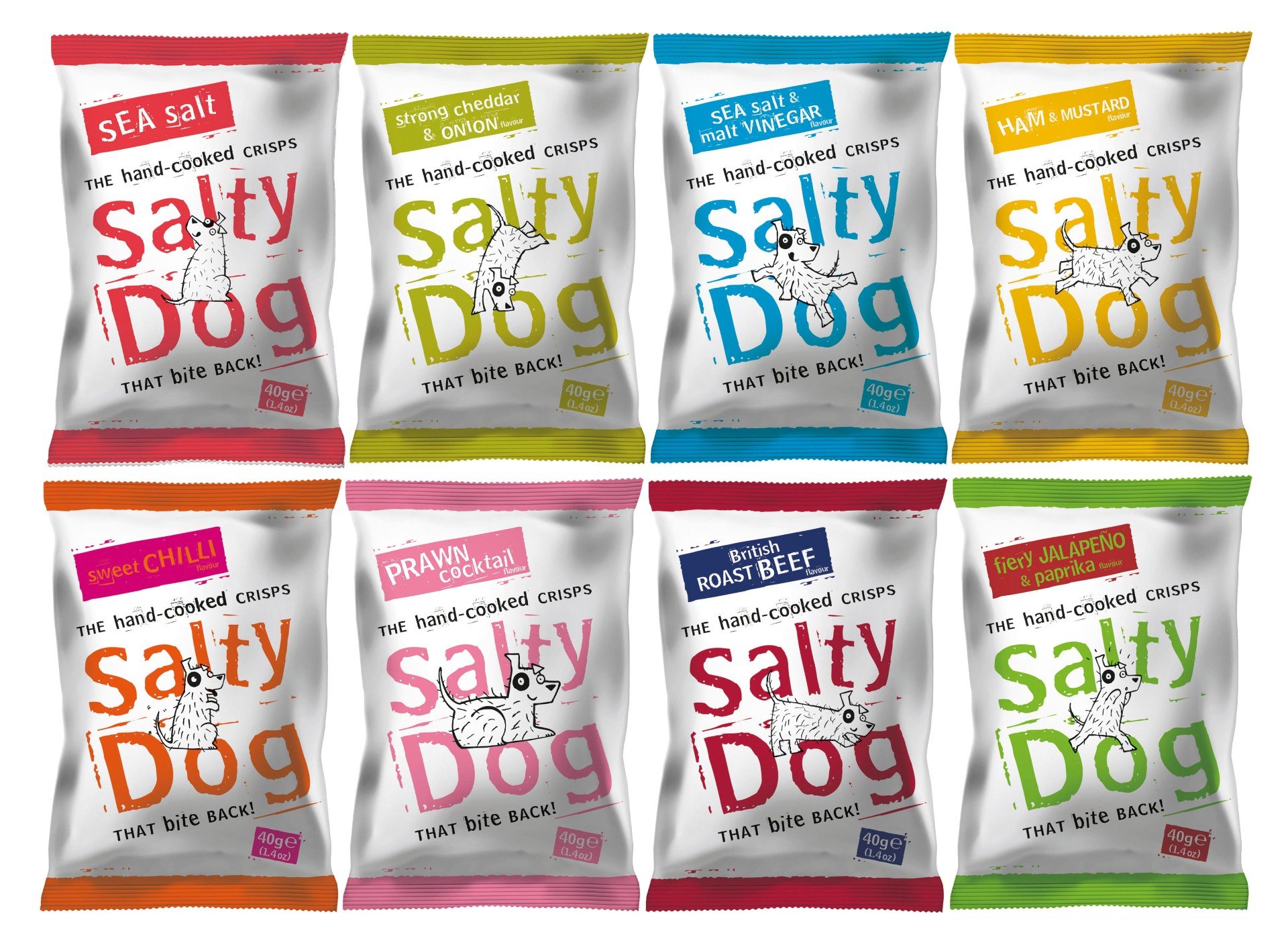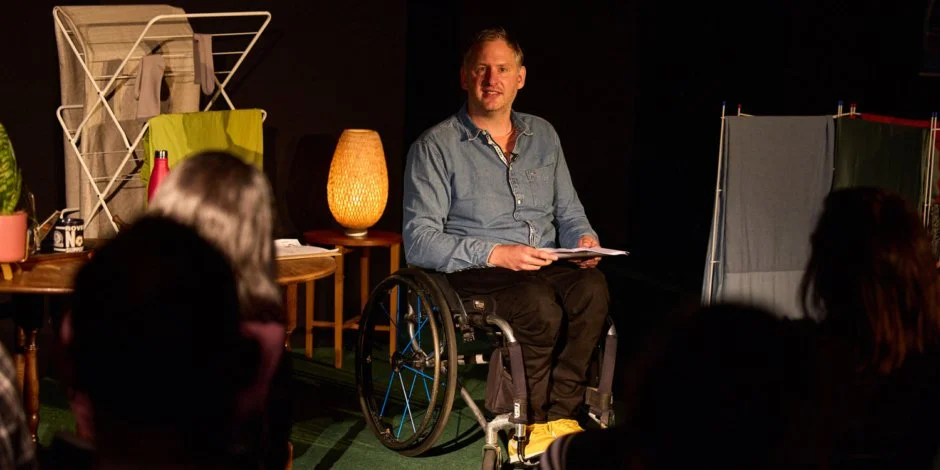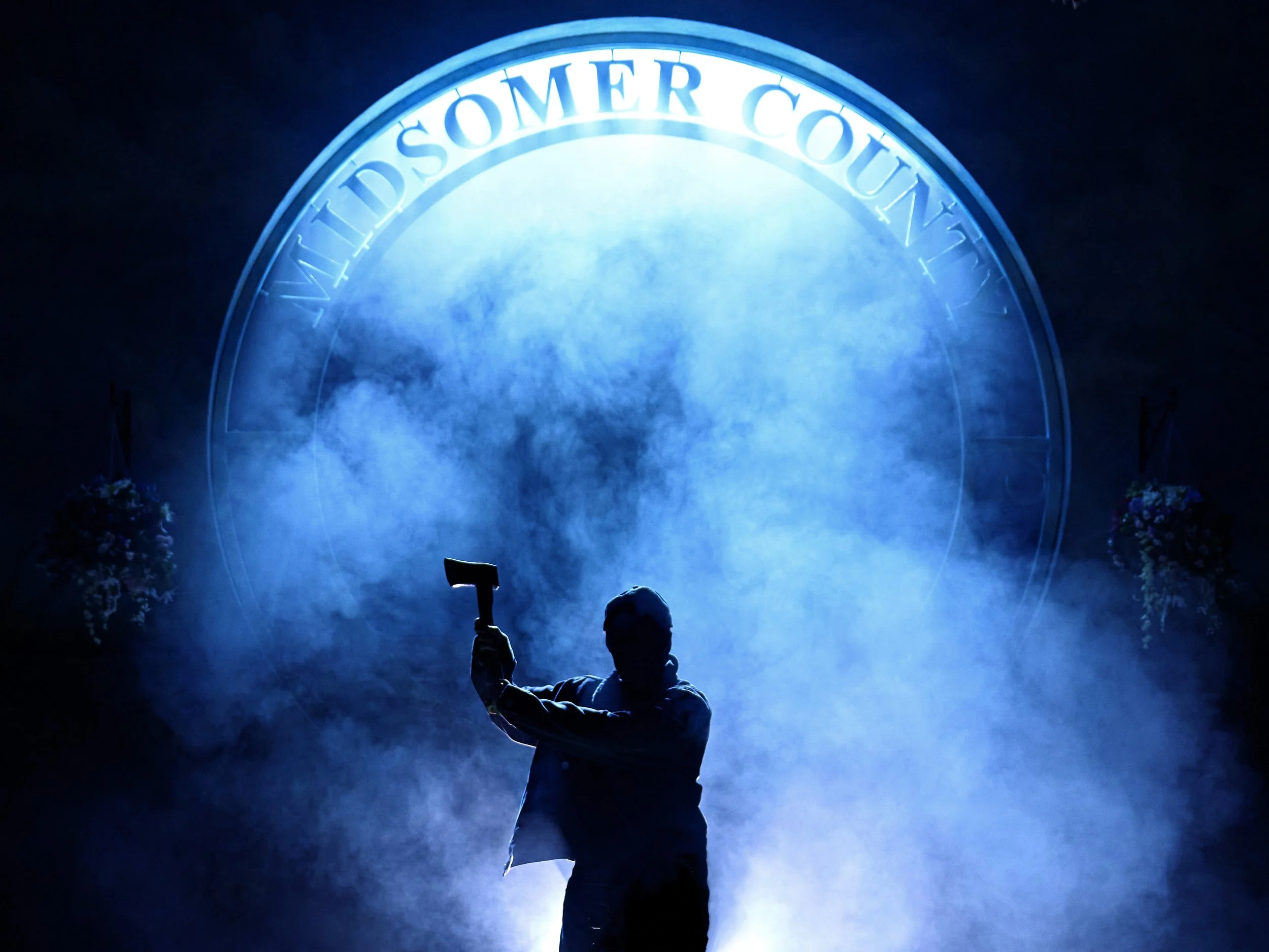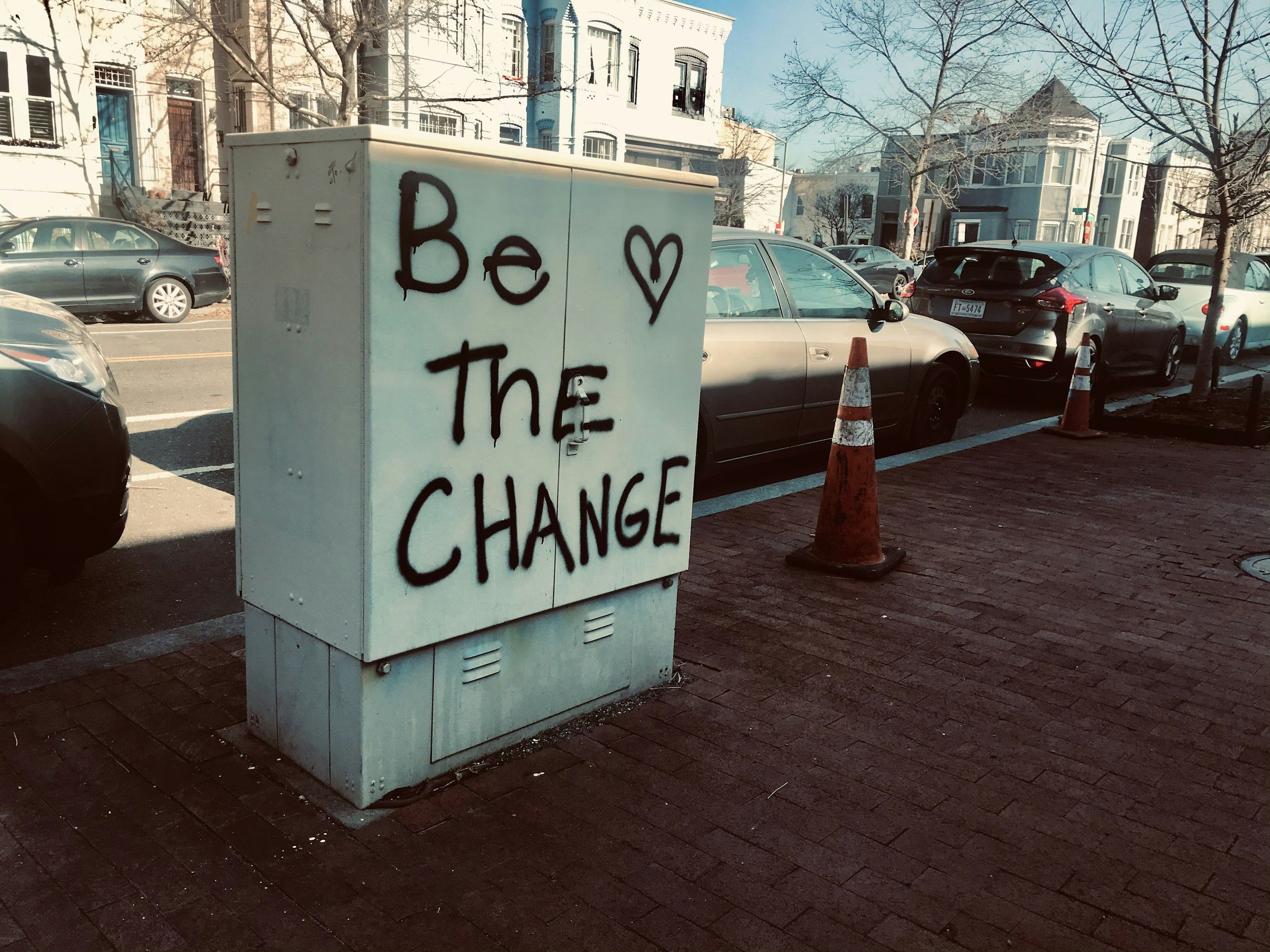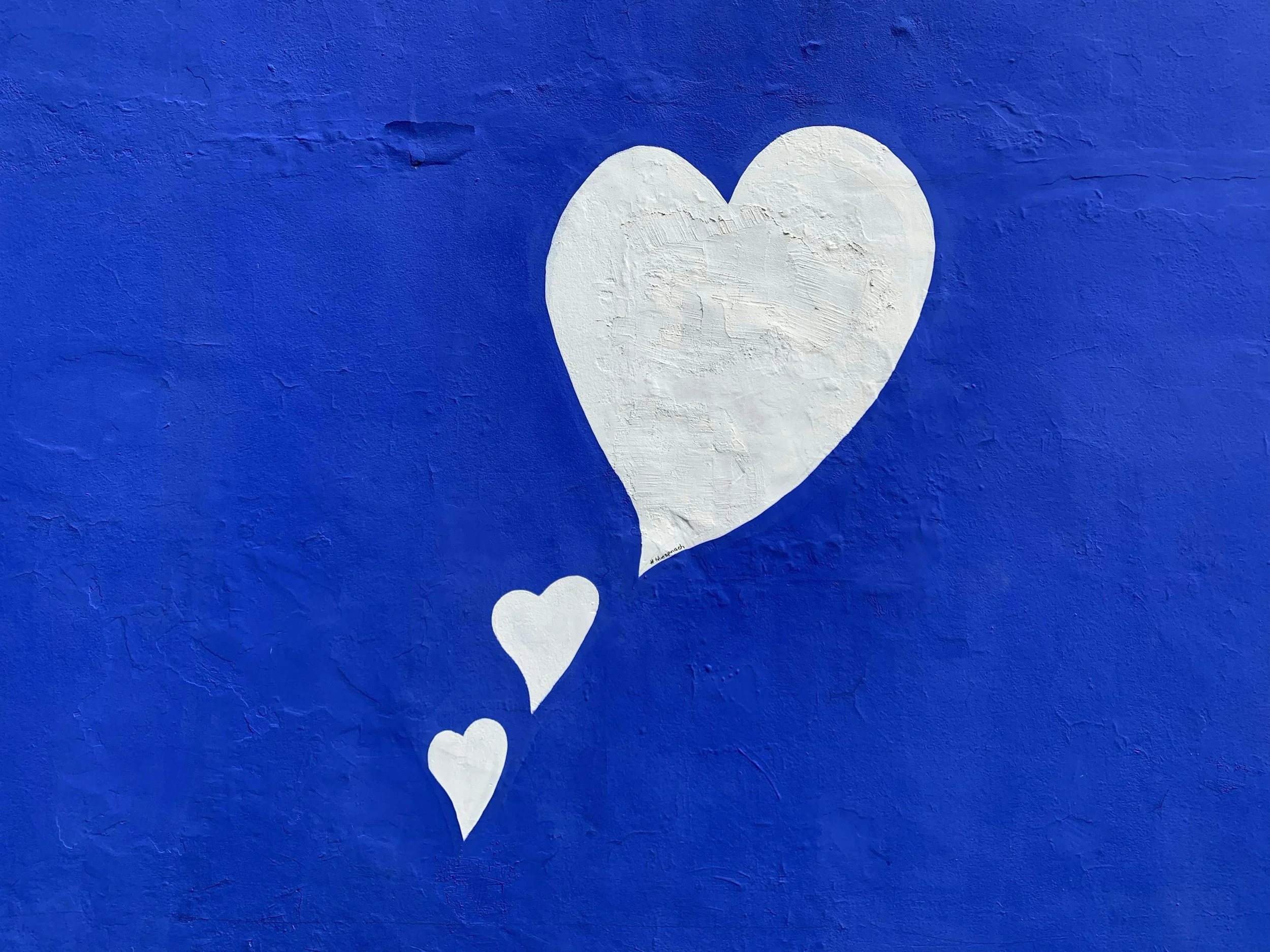Helping Friends with Eating Disorders: A Conversation
Brighton Girl's Imogen and Victoria sat down together to have a conversation around eating disorders, supporting friends that have them, and how to be mindful of words and actions in order to be the best friend you can be to those with eating disorders.
Imogen took the role as supportive friend, asking Victoria, as someone in recovery from an eating disorder, questions on what to know, how to ask and how to act.
CAN YOU GIVE ME A GLIMPSE INTO THE MIND OF SOMEONE WITH AN EATING DISORDER?
An eating disorder is simply another manifestation of anxiety. At some point, for some reason(s), your friend lost their sense of control in the world, and in order to make everything make sense, they turned to food control. My predominant thought was ‘if my food is OK, then I’m OK.’ This is why it can be so catastrophic when things don’t go to plan; their world has fallen apart.
They will be controlling in other areas too. For me, everything had to be done at a specific time. I had to eat at exactly 6pm, for example. Not before, not after, exactly at this time. Exercise may also need to be done for a certain amount of time.
It is important to stress here that this is only my point of view. EDs are individual things. We all go in for different reasons and there are many different versions, of which anorexia is only one.
HOW DO YOU APPROACH THE TOPIC WITH YOUR FRIEND DEALING WITH AN EATING DISORDER?
First of all, know that you are going a wonderful thing by doing this. Yes, it can feel uncomfortable and you might be scared about their reaction, but if you think that your friend is doing something damaging to their health, you are being the best possible friend by telling them this.
As to the practical (like when, where, how), make sure you’re in a ‘safe place.’ By that I mean, somewhere they know, like their house, your house, a cafe you both like. Don’t approach the topic while you’re both eating! Food triggers a lot of anxiety for people with ED. They’re already feeling on the edge while eating, so to broach a topic close to their heart would only increase their anxiety.
So, what should I say?
That’s tricky for me to say actually because I can see how things can be mistranslated. So, for example, “I’m worried about you” might cause them guilt that they’re making their friend worried. And “I’ve noticed you’re not eating much” brings up their fear of being seen, being judged for what they’re eating.
I was told, directly: “Victoria you have an eating disorder, you’ve got to do something about it.” Which has a certain value. I needed to be told. I didn’t realise I had an eating disorder. I always thought “I’m too fat to be anorexic” and also “I’ve never had a specific trauma so of course this eating thing isn’t a disorder.” I was completely blind to my true physical appearance. This may also be the case with your friend too. They may not even know.
When I first spoke about it with my friend, I just asked her “Are you okay?” and because it was in the middle of our conversation, she knew what I meant and we were able to talk about it.
Oh, I like that. Yes, that’s a nice question. “Are you okay?” in a meaningful way. It’s gentle and they also have a choice NOT to talk about it if they feel they’re not ready.
WHAT SHOULD A FRIEND PREPARE FOR DURING THE RECOVERY PROCESS?
Two things.
The first is that once they get to a healthy weight, ALL the emotions will start coming out. An eating disorder can be a way to control difficult emotions. These emotions are steadily numbed either by under or overeating. Once they stop engaging in these activities, emotions resurface and your friend may not have the skills to deal with them. It will be messy and confusing, there will be a lot of tears, panic and anger. I once cried for 6 hours. That’s no exaggeration.
What can I do when my friend is like that?
Just be a friend. Don’t try and solve it. They probably already have enough people trying to solve things for them. Sit, listen, hug them, make sure they keep eating snacks and drinking water. Let them know that it’s OK to be that way. That they are accepted.
What’s the second thing we should prepare for?
Memory loss and general scattiness. Whatever eating disorder your friend is experiencing, their brain is repairing. Also, when the brain is under intense pressure, it short circuits, so they won’t remember everything you tell them. Be patient. Be kind.
HOW CAN WE BRING THE TOPIC UP IN CONVERSATION AFTER IT HAS INITIALLY BEEN ADDRESSED?
Be open to talking about it, but let them take the lead. Be emotionally intelligent. For example, if you see that you’ve said something that’s upset them, ask them what you said. Almost everything for me translated as “You’re fat, you’re wrong, you’re eating too much.” Even if someone complimented my appearance or encouraged me in my new eating habits, it was like I was carrying a continuous inner stream of ‘’fatfatfatfatfatfatfatfatfatfat’ everywhere.
WHAT SHOULD YOU PREPARE FOR ONCE YOUR FRIEND DEALING WITH AN EATING DISORDER HAS ‘RECOVERED’?
I don’t know if there’s such a thing as ‘recovered’. The recovery process is a long journey, and even years after there is still an anxiety surrounding food. Some people might go from one disorder to another. A common one is turning to obsessive exercise. Be mindful and aware if your friend is exercising a lot whilst recovering, especially if you suspect they are doing it in secret; you may need to approach this topic with them as well. Don’t be afraid to do so. A second addiction is not going to help the first.
HOW CAN WE BE A GOOD FRIEND WHEN THEY ARE STRUGGLING TO RECOVER?
Like I said before, just be there. Listen, look after them, support them, encourage them. Make them aware of the support available and then offer to go with them. Hold their hand if they want.
Help them to shift their attention away from achievements attached to food and body. My therapist once told me that a sign of a recovered anorexic is one who gains a sense of achievement from something that is not weight loss. Emphasise their positive personality traits and their achievements at work or school. Work on a project together and celebrate together.
HOW DO WE REACT WHEN A FRIEND DEALING WITH AN EATING DISORDER MAKES JOKES ABOUT THEIR EATING DISORDER?
It could be a defence mechanism. They’re scared and they’re trying to make light of what is in reality a difficult situation. They could also be looking for acceptance in new ways. I used my eating disorder as a way for people to like me. In recovery, I was (and still am) scared that I would be rejected for my new weight.
I used to jokingly point at my bloated belly. Really, I hated it and I wanted people to tell me it wasn’t that big really or say I was beautiful anyway. It can be hard to know exactly what your friend is looking for. So just smile and move on. Find something positive to say. Let them experiment new ways of acceptance - they’ll find their way eventually.
WHAT ARE THE MOST IMPORTANT THINGS TO BE AWARE OF WHEN YOUR FRIEND HAS AN EATING DISORDER?
Your friend will probably be struggling to concentrate if they are eating with you - they will be calculating everything, and anxiety will also make it difficult.
If they are not eating much, it may be because that is how much they can physically eat. As your stomach shrinks, your appetite goes. Part of the journey of recovery is learning to eat more little by little. It might seem little, but they may actually be really trying to eat more.
The important thing to know about eating disorders in general is that they come in all shapes and sizes. I know people who are 5 stone and people who are 25 stone. An eating disorder is in the mind, not the body.
WHAT ARE POSITIVE AND CONSTRUCTIVE THINGS TO SAY TO A FRIEND WITH AN EATING DISORDER?
If you invite them over for dinner, ask them what they feel comfortable eating. This gives them a safe risk. This gives them a certain degree of control and therefore certainty. Of course, you can push a little: “I think you could eat more”. There is a big difference between ‘could’ and ‘should’ here. ‘Should’ translates as ‘do what I say, because you’re wrong,’ whereas ‘could’ is encouraging.
WHAT ARE NEGATIVE AND COUNTERPRODUCTIVE THINGS TO SAY TO A FRIEND WITH AN EATING DISORDER?
Ideally, shift their focus away from appearance. Focus on their personality, their hobbies, their achievements. Compliments about their appearance may be well-intended, but it keeps them in that world of looking ‘good’ or ‘bad’ which they’re trying to get out of.
WHAT IF WE’RE EATING TOGETHER?
It sounds odd but don’t talk about food. Talk around the issue. Again, shift the focus. Also, don’t encourage them blatantly: “WOW you’re doing SO well!” It’s a bit patronising, don’t you agree? Make food the second issue, and your friendship the first. If you remember just that, you will be the best possible friend they will need.
Written by Imogen and Victoria.
You can see more of Victoria’s work on her blog here and check out her Instagram for confidence advice and quirky doodles.



